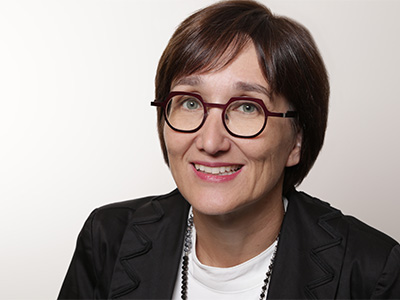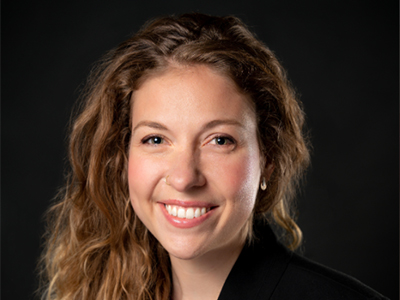“How can we make irrigation accessible, affordable, and inclusive? How do we incentivize irrigation and mechanization under current economic structures? For whom does it work? How does it work? Are technologies really increasing productivity?”
These are all questions Dr. Claudia Ringler, with nearly 30 years’ experience as a researcher, asks herself.

Ringler spends a lot of time thinking about irrigation. Mechanized pumps are often the first step in mechanization for smallholder farmers, and she wonders what holds it back, how possible negative effects may be averted, and what tools, institutions, partnerships, etc. can be leveraged to improve adoption. She understands that technology is essential to transforming livelihoods. However, key to that transformation is that the technology must be implemented with extraordinary care.
“Technology matters, but it has to be very simple,” says Ringler. “And in order for it to be successful, you have to have the right institutions, the trust, the care, and the support of local groups. Otherwise, it all breaks down.”
She has seen plenty of projects which looked great on paper, but missed key questions during foundational planning, which has had unintended consequences on real people’s lives. She cited a recent example from a qualitative energy use study in Ethiopia that showed inequitable access to solar lights (“Guess who now uses up the lamp while the wife has to cook?”); and a ‘well-intended’ procurement process for community well repair services in Gujarat, India, that ended with an outside provider winning the contract against an established all-women’s repair group but not delivering, resulting in women needing to walk further for drinking water. (“How can you begin to address agricultural water when you don’t have water to drink?”)
Social status, gender, location and of small farmers, among other factors, are key to inclusive, sustainable development. It is this sort of complexity - understanding not just how a technology works, but does it really work, and for whom - that drives Ringler’s work.
In Ethiopia, Ghana, Nepal and Rwanda there has been promise of increased land and labor productivity, and rudimentary mechanization does exist. But it has not taken nearly off to the extent needed to generate economies of scale in service provision, and there is a lack of understanding of what has held it back.
Laying a foundation for ILIMS, Ringler and her colleagues at IFPRI’s work will first provide an analysis using available data to determine where mechanization has already been implemented. It will then employ econometric techniques to analyze the socioeconomic and geographic determinants of that adoption. Factors that may matter are land size and slope, family composition, age and education, access to credit and extension, crop type, proximity to market, among others. Then, the final MPI’s data will be pulled into a simple and comprehensive online dashboard, and the results will be developed into a final paper and policy note presented to key actor groups.
With an ecosystem of factors and barriers illuminated by the MPI, Ringler’s work will contribute to developing suitable socio-technical packages that will inform farmer associations, ministries, agriculture related departments and agencies, and private sector suppliers of machinery and services. It will also provide ILIMS a roadmap of where and how to begin supporting efforts for mechanization in an inclusive, scalable, and sustainable way.


